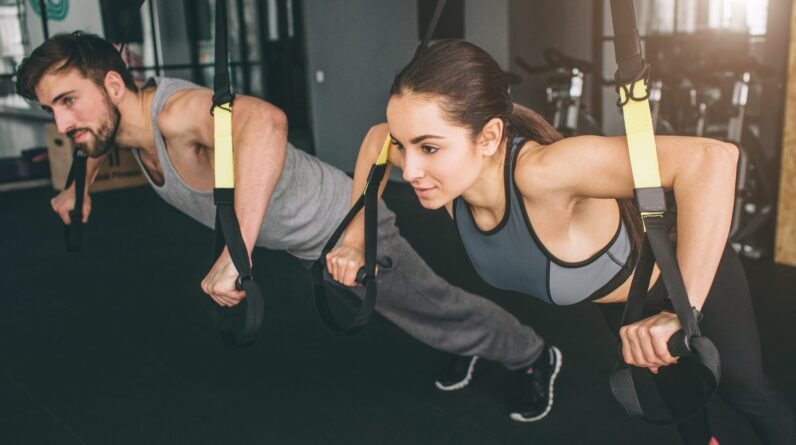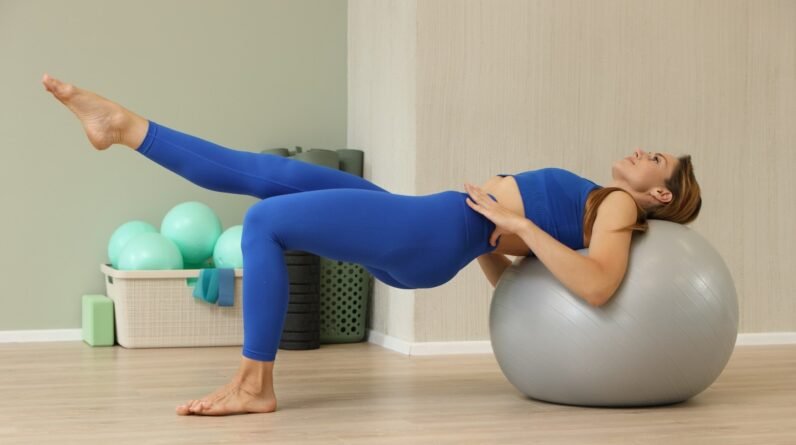
Rakul Preet Singh recently sustained an injury while attempting a deadlift. In a video, she shares that not listening to her body and pushing herself too hard landed her in bed.
Bollywood actress Rakul Preet Singh, known for her fitness, recently sustained a back injury while performing an 80 kg deadlift without a back belt. On October 5th, the actor experienced a back spasm during her workout but continued training, which aggravated the pain. Sharing a health update with fans, Rakul recently took to Instagram to post a video, revealing that she has been on bed rest for six days and it will take another week for her to recover completely. She even admitted that the injury could have been avoided if she had listened to her body’s warning signs, reminding us of the importance of caution during intense exercise.
Rakul Preet Singh suffers back injury after deadlift, shares an update on her health
Not listening to her body landed the 34-year-old in bed. In a recent Instagram story, the actress is seen resting where she shared with her why a health update . She shares, “Hi, my lovely people. Well, here is a little health update. I did something very stupid. I did not listen to my body. I had a spasm, kept pushing it and it turned into a major injury. I have been on bed for the last six days. I think it will take another week or so for me to fully recover. I really hope I recover faster than that because it is not easy for me to give in and rest. But, it is a lesson learnt that please listen to your body when it gives you signals. Don’t try to push it. I thought that my mind was stronger than my body. It doesn’t always work like that. Thank you so much for all your wishes, especially the people who messaged me. I will bounce back stronger.”
This highlights the importance of paying attention to your body during strenuous exercises like deadlifts. Without proper guidance, an exercise such as a deadlift can lead to serious injuries as seen in the case of Rakul Preet Singh. Know everything about deadlift exercise and how to perform it properly to reduce the risk of injuries.

What is a deadlift?
Deadlifts are a compound exercise where you lift a barbell from the ground to hip level, engaging multiple muscles, like the back, legs, and core. People do deadlifts to build strength, improve posture, and enhance overall athletic performance. It is a popular exercise to boost muscle mass and burn calories. However, deadlifts can be dangerous if done with poor form or too much weight, leading to back, knee, or shoulder injuries. Therefore, learning proper technique and staying careful while performing deadlifts is quite essential to avoid the risk of injuries.
You may also like



What are the benefits of deadlift?
Deadlifts offer a range of benefits, making them a staple in strength training. First, they work on several major muscle groups, including the hamstrings, glutes, quads, and lower back. The exercise also engages the core and upper body, particularly the traps, lats, and forearms, making it a full-body workout. One of the key benefits of deadlifts is that when you perform this exercise with the right technique, it helps increase strength and muscle mass, especially in the posterior chain (backside of the body), as per a study published by the Journal of Sport Rehabilitation.
The core is heavily engaged during a deadlift, which helps build abs and reduce fat around your belly. What’s more? Deadlifts also help with posture and spinal stability, making them great for back and spinal health when performed correctly.
Masters in the art of deadlifting, these 5 Bollywood actresses are showing us how it’s done
How to do a deadlift properly?
Here are 9 easy steps you need to follow to perform deadlifts properly without the risk of injury:
1. Stand with your feet hip-width apart, with the barbell placed over the middle of your feet. Make sure your toes point slightly outward to maintain balance.
2. Bend your knees and hips, lowering yourself to grip the barbell with both hands. Your grip should be just outside your legs.
3. Push your hips back, keep your chest up, and keep your upper body straight. Shoulders should be slightly in front of the bar.
4. Tighten your core muscles to protect your lower back and your spine must stay neutral during the lift.
5. Keep your head up, look in the front, and tighten your grip to prepare yourself to lift the barbell.
6. Without changing the position, take a deep breath, press your feet to the ground, and pull the weight up, extending your legs and hips simultaneously.
7. The bar should travel in a straight line, staying close to your shins and thighs throughout the movement.
8. As you reach the top, stand fully upright, squeezing your glutes, but avoid leaning backward.
9. Reverse the movement by pushing your hips back and bending your knees, lowering the bar with control.

Make sure that you reset your position for each rep, maintaining proper form to avoid injury.
Squat vs deadlift: Which one is a better exercise for strength?
Common mistakes to avoid with deadlift
Here are 5 common mistakes to avoid when performing deadlifts:
1. Poor posture: Not positioning your feet correctly and not having the right grip can lead to a back injury. Make sure your feet are hip-width apart and your grip is just outside your knees.
2. Rounding the back: Keeping a neutral spine is crucial. Rounding your back increases the risk of injury. Focus on engaging your core and maintaining a flat back throughout the lift.
3. Lifting heavy weights: Another common mistake is lifting heavy weights for which your body may not be prepared. This wrong decision can increase your risk of injury.
4. Avoiding warm-up: Warming up prepares your muscles, joints, and nervous system to lift heavy weights. However, by skipping it, you risk straining muscles or joints when you suddenly lift heavier weights.
5. Not using legs: Many lifters rely too much on their back strength, which is a wrong decision. Initiate the lift by pushing through your heels and engaging your legs first.
By avoiding these mistakes, you can improve your deadlift form and reduce the risk of injury.







